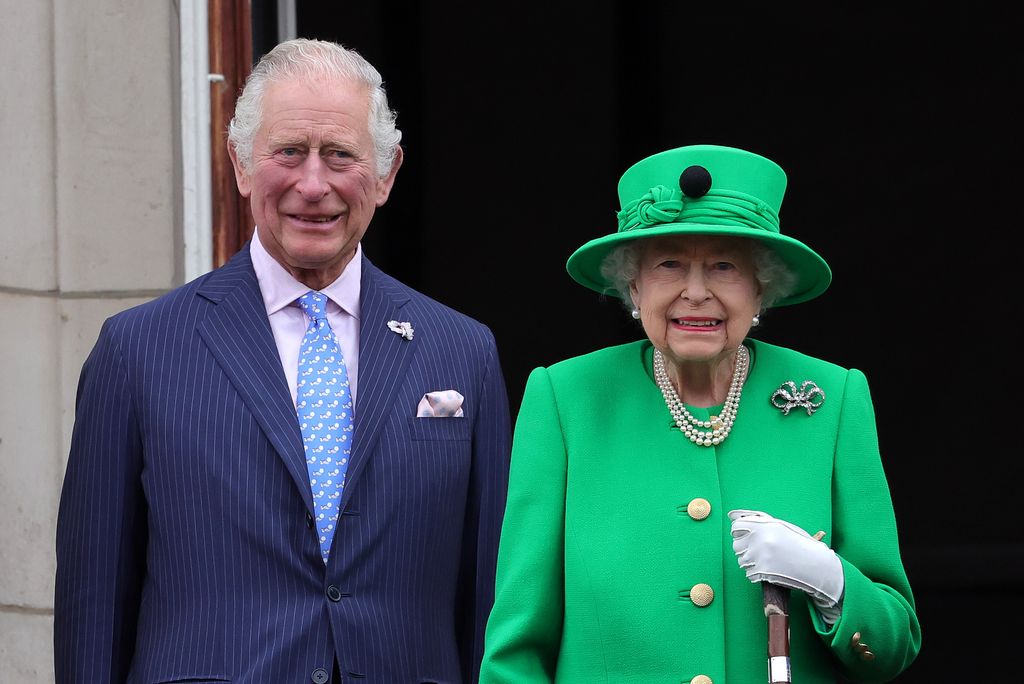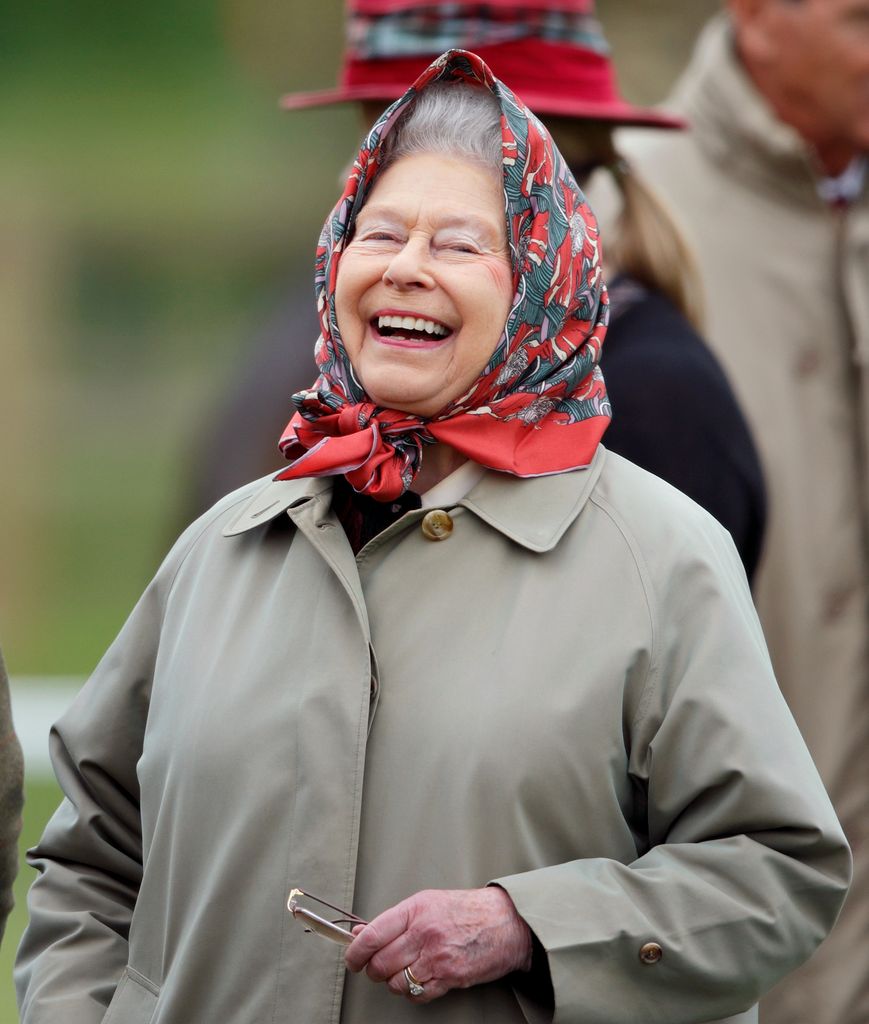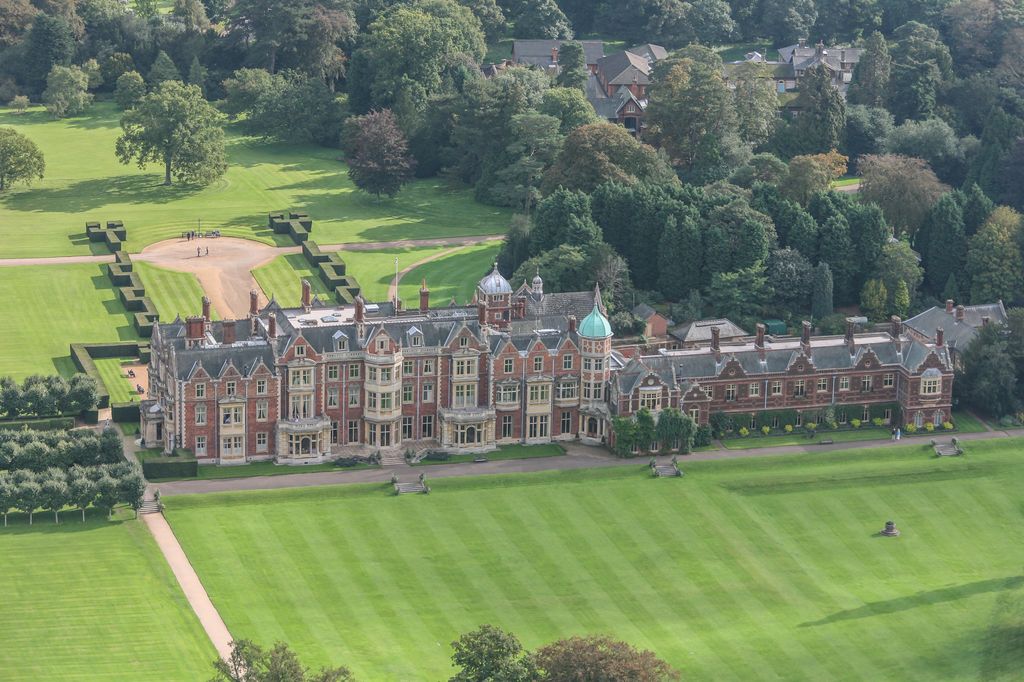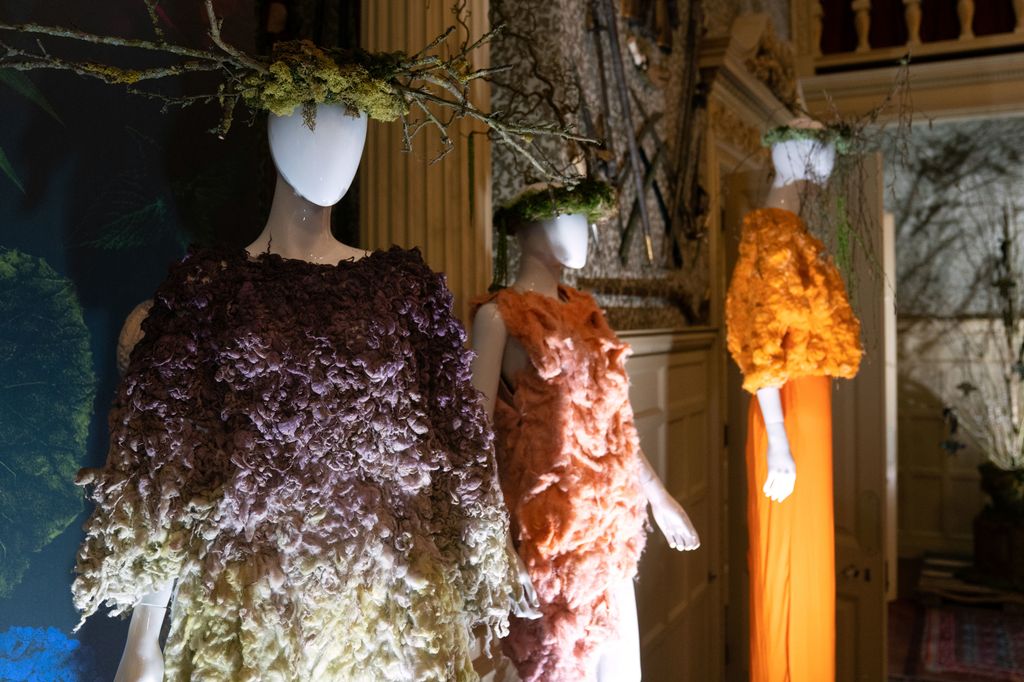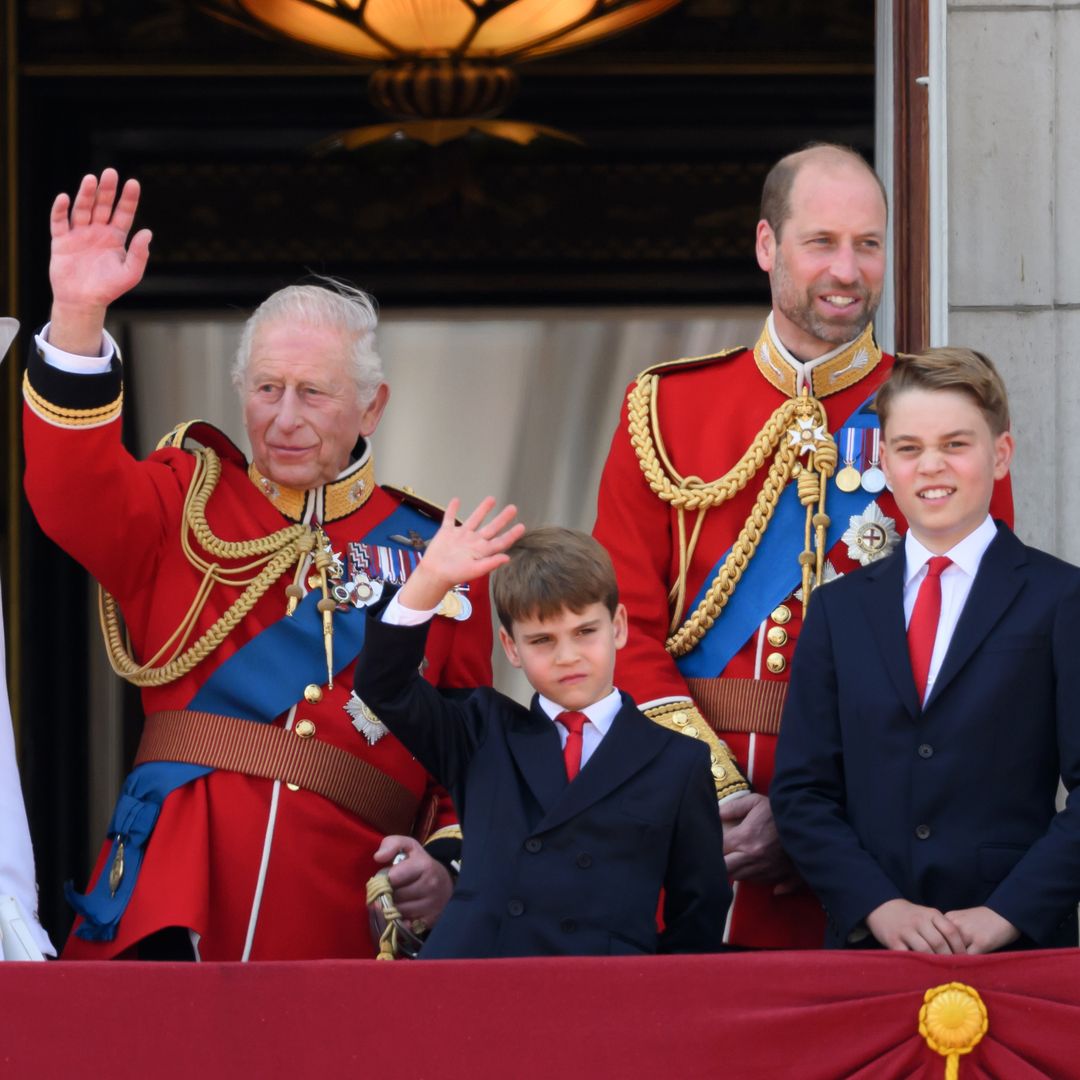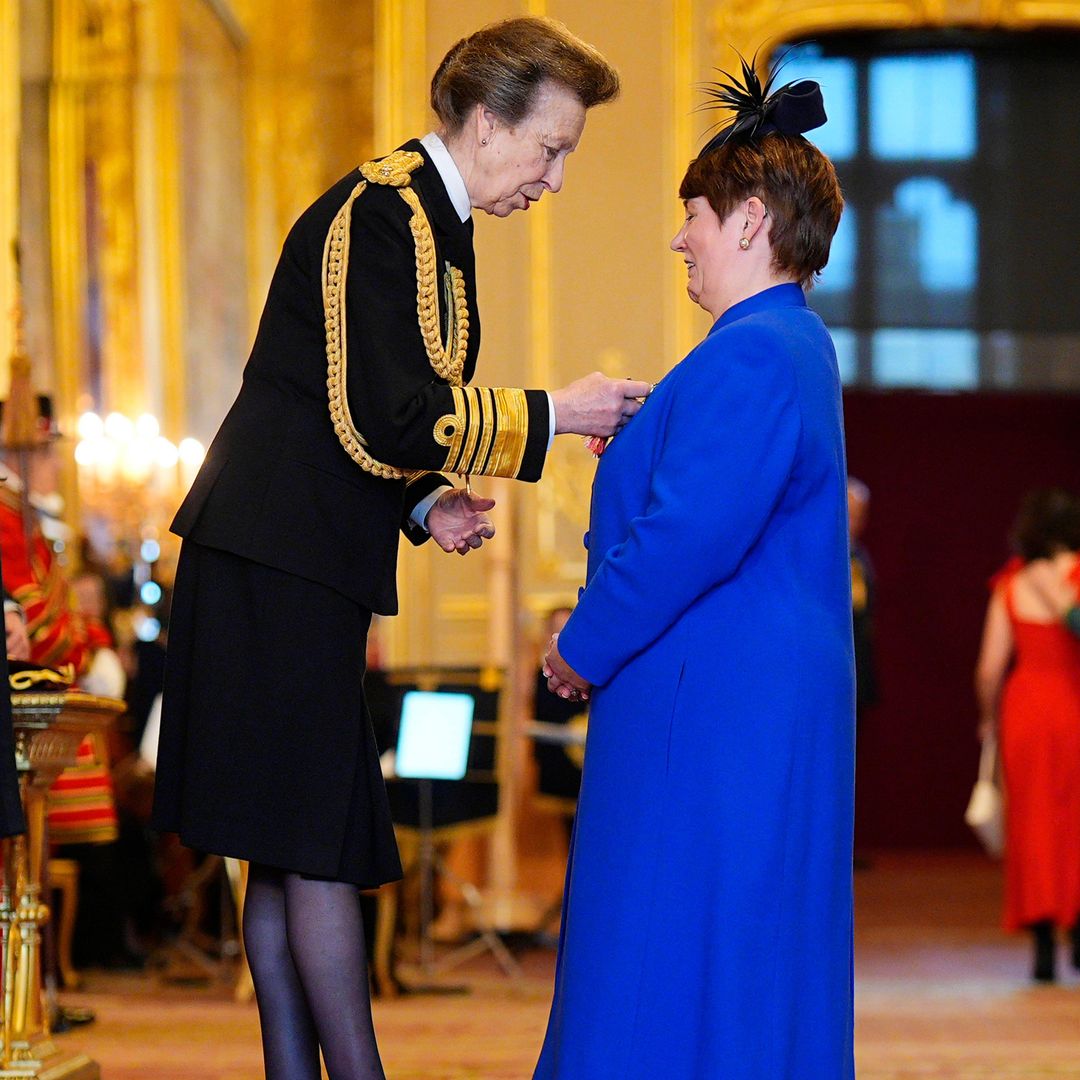King Charles has launched a limited edition of headscarves inspired by his late mother, Queen Elizabeth II.
Charles, 75, teamed up with eco-friendly designer duo Vin Cara and Omi Ong aka Vin + Omi to produce a limited selection of 100 vivid scarves that are being sold in the Sandringham estate shop for £85 each.
While the fashion designers originally created three prints, Charles was on hand to select the final design. The luxurious garments feature large floral patterns in sunflower yellow, dusky pink and cobalt blue akin to those worn and loved by the late monarch.
During her 70-year-reign, Queen Elizabeth II became synonymous with wearing brightly coloured headscarves in an array of lively patterns.
Indeed, whether she was out walking her beloved corgis, or stepping out to attend the Royal Windsor Horse Show, Her Majesty was rarely seen without one of her trusty headscarves.
The gems in her impressive collection? Her beloved silk scarves crafted by royally-approved French fashion house, Hermès. The brand's iconic scarves have been individually screen-printed since the 1930s, with the late Queen incorporating several of their vibrant creations into her treasure trove of accessories.
The brand even released a limited-edition scarf in honour of Her Majesty's 90th birthday!
Production for Charles' new headscarves saw the introduction of a carbon offset programme to counteract the environmental cost of producing the scarves. The programme saw milk cartons from the Sandringham canteen transformed into furniture.
And for every milk carton collected, the designer duo turned plastic bottles from their clean up schemes into microfiber bonded textiles.
Charles' touching collaboration with the Vin + Omi coincides with the brand’s innovative exhibition currently on display at Sandringham until 11 October.
According to Sandringham's website, the exhibition features a collection of 26 innovative garments and accessories crafted from plant waste collected from royal gardens including Highgrove and Sandringham.
"VIN + OMI's initial experiments with plant waste from the gardens at Sandringham, produced a dress made from 'Butterbur'; a prolific spreading plant found growing on the side of the lakes," the website reads.
"VIN + OMI managed to extract usable fibres from the Butterbur plant leaves to produce a few metres of a golden silk like fabric – the first of its kind to be achieved. This world first dress will be on display as part of the exhibition ‘Royal Garden Waste to Fashion's Future.'"

